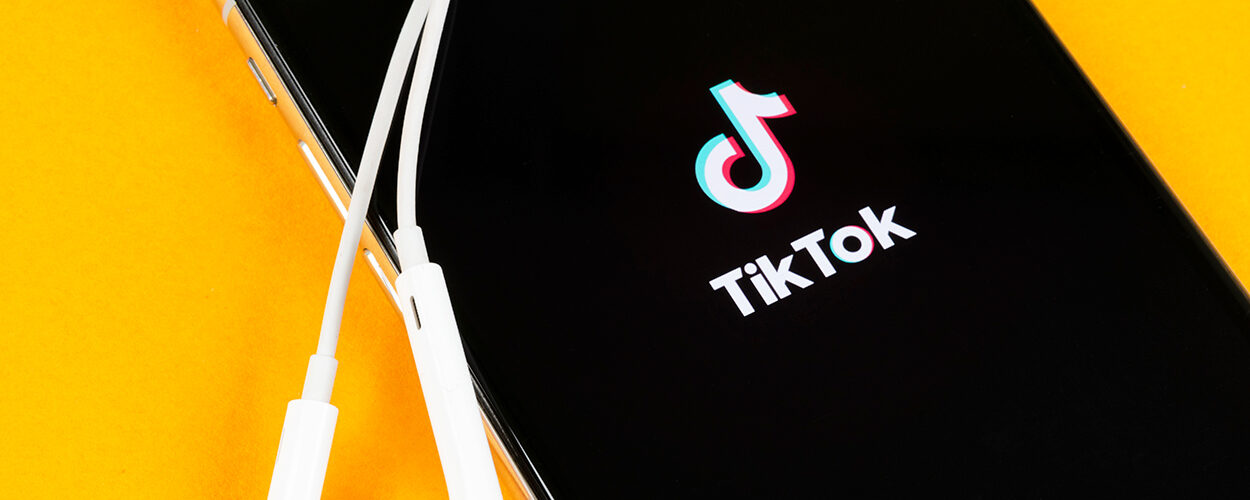This website uses cookies so that we can provide you with the best user experience possible. Cookie information is stored in your browser and performs functions such as recognising you when you return to our website and helping our team to understand which sections of the website you find most interesting and useful.
Business News Digital Legal
Academics go legal over Texas TikTok ban
By Chris Cooke | Published on Friday 14 July 2023

A lawsuit has been filed against a TikTok ban that was instigated in Texas late last year and which affects anyone working for the US state. That includes academics working at public universities in Texas, which has motivated the lawsuit pursued by an organisation called the Coalition For Independent Technology Research.
Much concern has been expressed in political circles about the Chinese government having access to TikTok user-data via its China-based owner Bytedance. While TikTok continues to deny that there are any data security issues on its platform, a number of governments have banned their employees from using the video-sharing app on official devices.
That includes the government of Texas. Last December Governor Greg Abbott instructed all state agencies to stop their employees from using TikTok on state-issued devices. The state’s legislature then formalised that ban into law.
The CITR says that it exists to “advance, defend and sustain the right to study the impact of technology on society”. Its members include “academics, journalists, civil society researchers and community scientists committed to advocating for and organising in defence of research that is ethical, transparent, and privacy preserving”. And that membership includes academics at public universities in Texas.
The organisation’s lawsuit notes that the Texas TikTok ban “extends to all faculty at public universities”. And that, it claims, “is preventing or seriously impeding faculty from pursuing research that relates to TikTok – including research that would illuminate or counter the data-collection and disinformation-related practices that the ban is ostensibly meant to address”.
Unsurprisingly, the CITR reckons that the TikTok ban breaches the US First Amendment. The lawsuit goes on: “While faculty are public employees, the government’s authority to control their research and teaching is limited by the First Amendment – and the ban cannot survive First Amendment scrutiny”.
The lawsuit then concedes that “Texas has a legitimate interest in protecting Texans’ privacy”, but – it argues – “the ban is not tailored to this interest. Many companies – including Meta (which owns Facebook), Alphabet (which owns Google and YouTube) and X Corp (which owns Twitter) – collect the kind of information that TikTok collects, but Texas’s ban does not restrict access to these companies’ platforms”.
“Nor does the ban meaningfully constrain China’s ability to collect sensitive data about Americans”, it goes on, “because, as the Director Of National Intelligence highlighted in a recent report, an immense amount of this data is available for sale from data brokers”.
Plus, because “Texas’s ban restricts public university faculty from undertaking research that might illuminate privacy risks … the ban is counterproductive, not simply ineffective. And it is fatal to the ban’s constitutionality that Texas could address these risks without effectively barring public university professors from studying, and teaching with, one of the world’s most popular and influential communications platforms”.
With all that in mind, the CITR wants the courts to declare that the Texas TikTok ban is unconstitutional when applied to university employees, and therefore said employees should be excluded from it.
Elsewhere in the US, of course, Montana has passed a TikTok ban that will apply to everyone in the state, not just government employees. That is due to go into effect at the start of next year but has been similarly challenged in the courts on First Amendment grounds, by both TikTok itself and a group of TikTok creators.





